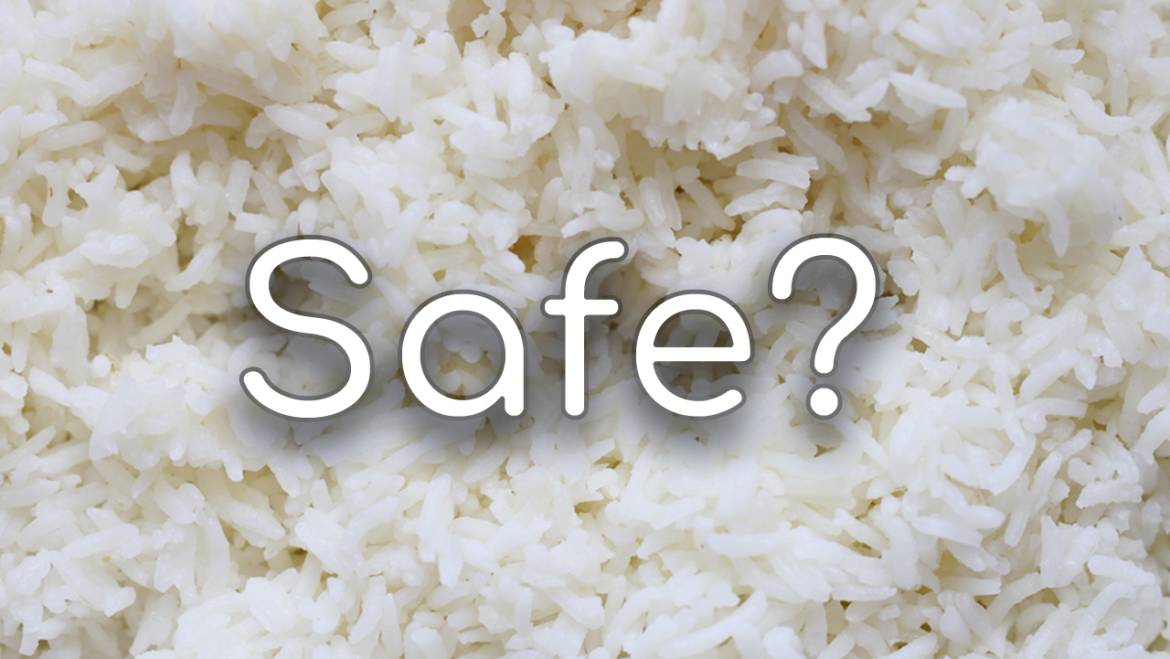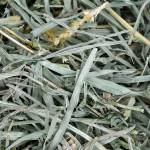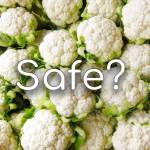Chinchillas are known for being adorable and energetic little creatures that are native to the Andes Mountains in South America. These small rodents require a specific diet to ensure their health and well-being. One question that many chinchilla owners ask is whether or not their furry friend can eat rice. In this article, we will explore everything you need to know about chinchillas and rice.
Can Chinchillas Eat Rice?
The simple answer is that chinchillas can technically eat rice, but it is not recommended as a regular part of their diet. Rice is not a part of a chinchilla’s natural diet in the wild, and it does not provide them with the necessary nutrients that they need to stay healthy.
It is important to remember that chinchillas have very sensitive digestive systems, and feeding them the wrong foods can lead to digestive problems and other health issues. As a result, it is essential to provide your chinchilla with a balanced diet that is specific to their nutritional needs.
Benefits of Rice for Chinchillas
While rice is not a recommended part of a chinchilla’s regular diet, there are some benefits to feeding them rice in small amounts as an occasional treat.
- Variety in Diet: Chinchillas can benefit from a varied diet, and adding a small amount of rice to their food can be a way to provide them with some diversity.
- Digestive Support: Cooked rice can be beneficial for chinchillas that are experiencing digestive issues or constipation. The starch in rice can help to soothe the digestive tract and promote healthy bowel movements.
- Hydration: Rice can help to provide chinchillas with additional hydration. Adding a small amount of water to cooked rice can make it easier for chinchillas to digest, and the additional water can help to keep them hydrated.
Risks of Feeding Rice to Your Chinchillas
While there are some potential benefits to feeding chinchillas rice, there are also some significant risks to consider.
- Lack of Nutritional Value: Rice does not provide chinchillas with the necessary nutrients that they need to stay healthy. Feeding them rice as a regular part of their diet can lead to malnutrition and other health issues.
- Digestive Issues: Chinchillas have very sensitive digestive systems, and feeding them the wrong foods can lead to digestive problems such as diarrhea or constipation. Rice can be difficult for chinchillas to digest, especially if it is not cooked properly.
- High in Carbohydrates: Rice is high in carbohydrates, which can cause weight gain in chinchillas if they are fed too much. Chinchillas that are overweight are at a higher risk for health problems such as heart disease and diabetes.
Alternatives to Rice for Chinchillas
If you are looking to add some variety to your chinchilla’s diet, there are plenty of other options to consider that are safer and more nutritious than rice.
- Hay: The foundation of a chinchilla’s diet should be hay. Hay provides chinchillas with the fiber that they need to maintain a healthy digestive system.
- Pellets: Chinchilla pellets are specially formulated to meet their nutritional needs. They are an excellent source of protein, fiber, and essential vitamins and minerals.
- Fresh Vegetables: Fresh vegetables are a great way to provide chinchillas with additional nutrients and hydration. Some safe vegetables for chinchillas include carrots, kale, and broccoli.
- Treats: Chinchillas love treats, and there are plenty of safe options to choose from. Some popular treats for chinchillas include dried fruits, dried rose hips, and small amounts of plain Cheerios or shredded wheat.
Feeding Rice to Your Chinchilla
If you decide to feed your chinchilla rice, it is important to do so in moderation and with caution. Here are some tips to keep in mind:
- Cook the Rice Properly: If you are going to feed your chinchilla rice, make sure that it is thoroughly cooked and soft. Hard or undercooked rice can be difficult for chinchillas to digest and can cause digestive problems.
- Limit the Portion Size: Rice should be considered an occasional treat rather than a regular part of a chinchilla’s diet. A small portion of rice once or twice a week is enough to provide some variety without causing any harm.
- Monitor for Digestive Issues: After feeding your chinchilla rice, keep an eye on them for any signs of digestive problems such as diarrhea or constipation. If you notice any issues, stop feeding them rice and consult with a veterinarian.
- Avoid Seasonings and Additives: When feeding your chinchilla rice, make sure that it is plain and does not contain any seasonings or additives. Flavored rice or rice with added spices can be harmful to chinchillas.
While chinchillas can technically eat rice, it is not recommended as a regular part of their diet. Rice does not provide chinchillas with the necessary nutrients that they need to stay healthy, and it can cause digestive problems if fed in excess or if not cooked properly. However, small amounts of cooked rice can be a beneficial addition to a chinchilla’s diet on occasion, providing some variety, hydration, and digestive support. As with any new food, it is essential to introduce rice to your chinchilla’s diet slowly and in moderation. Always monitor your chinchilla for any signs of digestive issues or other health problems, and consult with a veterinarian if you have any concerns.







